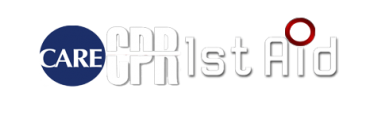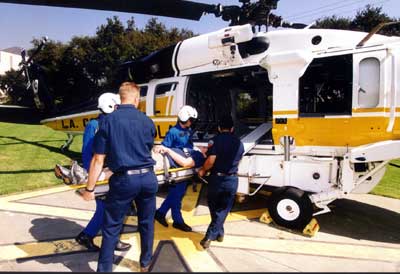Many people are not confident to help in an emergency because of the lack of first aid training. Despite the advocacy of the government and private organizations to train more people in first aid, the number of trained first aiders remains dismal. This reflects on the number of accident-related disabilities and deaths which could have been prevented had immediate first aid or help been given.
In the EMS chain of survival, citizen responders play a crucial role. The help of laypeople who witnessed the emergency is the first chain. Even if you have not received formal first aid training, you can do something to help the victim. As a citizen responder, the simplest yet most important help you can do is to call EMS personnel as soon as possible.
The professional help can be more effective if you can provide helpful information about the accident and the victim’s condition. The information you provide can ensure that the victim receives appropriate treatment as quickly as possible. By calling 911 or local emergency number, you trigger the response system which rushes to the scene of accident.
There are times when you may be unsure whether you need to call EMS personnel or not. For example, if the victim tells you not to call 911 because he does not want to create a scene. However, you may need to call EMS personnel if any of the following conditions is present:
Unconsciousness
- Changes in level of consciousness
- Absence of breathing or difficult breathing
- Absence of pulse
- Sudden, persistent chest pain or abdominal pain
- Choking, strangulation or suffocation
- Severe burns
- Severe bleeding
- Poisoning (accidental or intentional)
- Vomiting blood
- Prolonged seizures, slurred speech, or severe headache
- Fractures or broken bones
- Injuries to the neck and head
There are also special situations that require you to call EMS personnel. These include:
- Fire
- Explosion
- Terrorism
- Presence of biochemical hazards
- Downed power lines
- Road crashes or traffic accidents
- Paralysis or immobility of victim
There are still many other emergency situations and conditions that may require you to call 911. For instance, any life-threatening emergencies that involve breathing for young children and babies definitely need professional help. Emergency situations are wide and varied. It is difficult, even impossible, to list down these situations.
Always trust your instinct when it comes to calling for help. Usually, you will know if something is wrong by just looking at the scene of the accident or the victim. Moreover, make sure to call EMS personnel first before you call family members or friends – an error that many untrained people frequently do.

 Unconsciousness
Unconsciousness